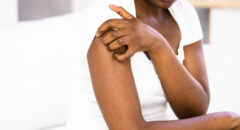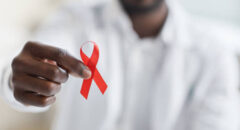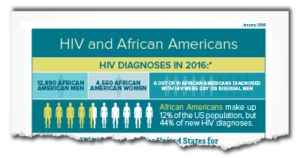 Stay the Course — The Fight Is Not Over!
Stay the Course — The Fight Is Not Over!
February 7 is National Black HIV/AIDS Awareness Day (NBHAAD). Each year, NBHAAD is a day to recommit to the fight against HIV among blacks/African Americans. Although more needs to be done to increase testing and treatment among this community, we are encouraged by decreasing HIV diagnoses during recent years among many groups of blacks in the United States and elsewhere.
For example, US black women experienced a 20% decrease in HIV diagnoses during 2011–2015. Also, good news is that during the same period, new diagnoses among young black gay and bisexual men ages 13–24 years have stabilized, and diagnoses among black gay and bisexual men ages 45–54 years have decreased by 25%. Nationwide HIV prevention efforts appear to be helping reduce the number of HIV diagnoses among blacks.
Despite this progress, improvements are uneven. Data for 2016 indicate that blacks accounted for 44% of new HIV diagnoses, although they make up only 12% of the U.S. population. Moreover, new HIV diagnoses among black gay and bisexual men ages 25–34 years increased by 30%!
But as this year’s NBHAAD theme reminds us, we must “Stay the Course” and continue our prevention efforts, even when we believe the numbers are encouraging. NBHAAD is an important day, but it is only one day a year. We can do more every day to protect ourselves, our loved ones, and our communities.
What can you do?
Get Tested. Knowing your HIV status is key to keeping you andyour partner healthy. CDC recommends that every person get tested at least once in his or her lifetime, and those at higher risk should be tested at least once a year. You can find a free, fast, and a confidential testing site near you at Get Tested.
Protect Yourself and Your Partner. Today we have many options and tools for preventing HIV infection.
Know Your Risk. You can find out how much HIV risk you have in your life by using CDC’s Risk Reduction Tool.
Learn About PrEP. Talk with your healthcare provider about whether PrEP, the pill that can help prevent HIV, is right for you.
Use Condoms. If you are having sex, talk with your partner about using condoms.
Get and Stay on HIV Treatment. If you are living with HIV and not currently in treatment, see your healthcare provider right away and take your medicine exactly as prescribed. You will be healthier and less likely to give HIV to someone else.
By staying healthy, protecting our loved ones, and getting involved in prevention efforts, we become advocates and role models for healthy behaviors. We must all stay the course to continue making progress in reducing HIV/AIDS in our communities

Hazel D. Dean, ScD, DrPH (hon), FACE is Deputy Director, National Center for HIV/AIDS, Viral Hepatitis, STD, and TB Prevention at Centers for Disease Control and Prevention.



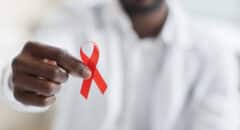
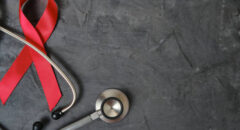

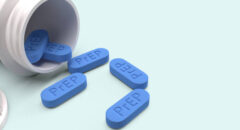


 What is National Black HIV/AIDS Awareness Day?
What is National Black HIV/AIDS Awareness Day?


